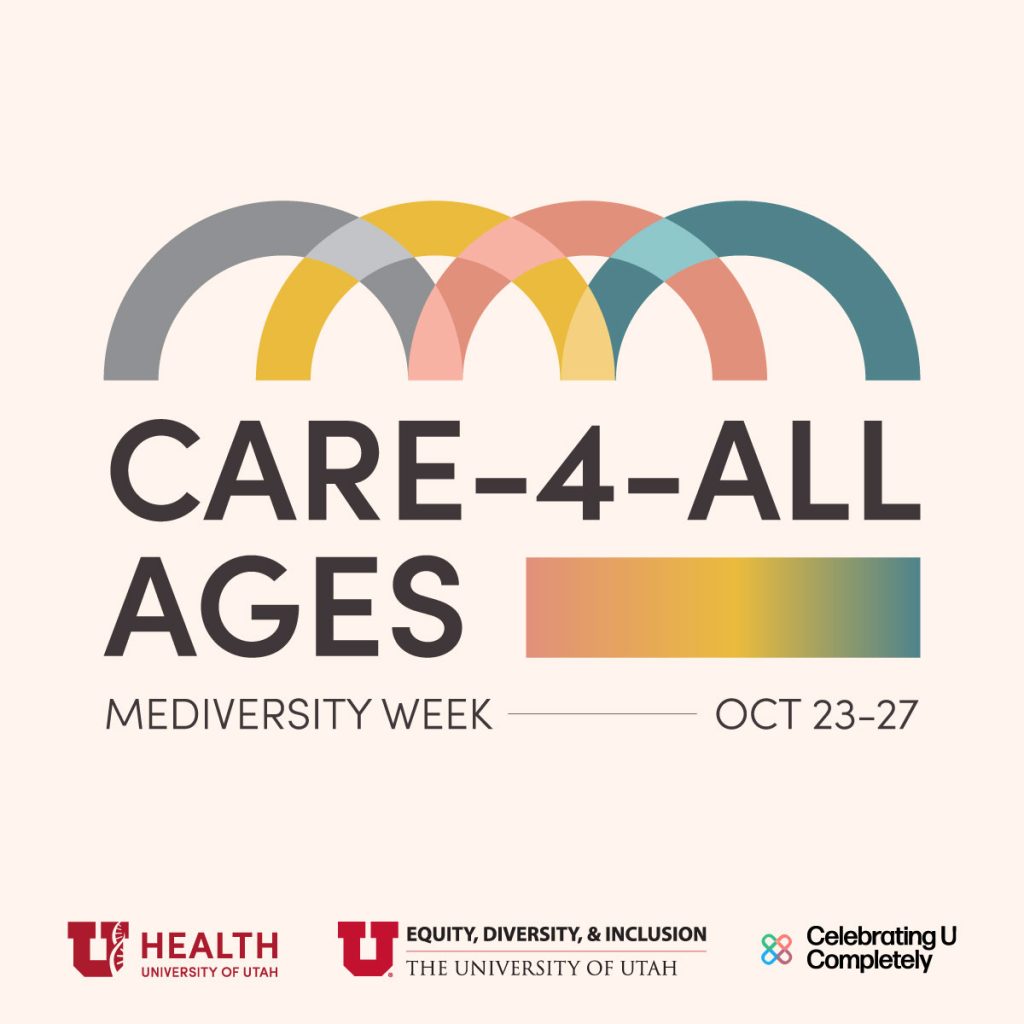Securing Health Equity
Care-4-All Ages will be focus of week-long university health events
This year’s MEDiversity Week will seek to examine what it means to deliver Age-Friendly Health Care.
David Hawkins-Jacinto • October 19, 2023
A growing number of Americans today are 65 or older, and for many in this group health care can be both a persistent need as well as a serious challenge. Reporting by the American Medical Association (AMA) has discovered significant ageism in healthcare settings, and the World Health Organization (WHO) found that “health care rationing based solely on age is widespread.” According to recent reports, as many as one-in-five older Americans last year delayed the purchase of medications or put off medical appointments based on costs.
As a recent article in the Brookings Institute explains, “Despite our significant progress in making health care services more equitable to all populations, older people and those residing in nursing homes and long-term care facilities are often overlooked in mainstream discussions about health care equity.” Indeed, though several providers have made meaningful strides to improve health equity for racial and gender cohorts, older Americans have often been neglected. Even more importantly, though this is already a significant concern, the situation will only get more serious in the coming years as the country’s population grows older and adults over 65 make up an even larger proportion of the population.

“Age is certainly one factor in medicine that we haven’t adequately considered,” says José E. Rodríguez, MD, FAAFP, associate vice president for Health Equity, Diversity, & Inclusion (UHEDI), “particularly in terms of the many ways it can affect the delivery of high-quality care.” He points to the research that shows that from cost and accessibility, to diagnostics and therapeutics, to the way we talk and think about health care, age can have an outsize impact in health care outcomes.
AVP Rodríguez is excited for this year’s MEDiversity Week, an annual occurrence led by UHEDI—especially because University of Utah Health was recently named an “Age-Friendly Health System – Committed to Care Excellence” by the Institute for Healthcare Improvement (IHI). The prestigious distinction is awarded to only a select few health systems nationally for combating ageism and committing to high-quality care for patients of all ages. A series of events with experts and leaders in the field will also allow audiences to explore and discuss what age-friendly care might mean for our Utah community.
MEDiversity Week this year will be highlighted by a keynote featuring Sharon A. Brangman, MD, distinguished service professor, chair of Geriatric Medicine, and director of the Upstate Center of Excellence for Alzheimer’s Disease in Syracuse, NY. Other events include a film screening of “Dick Johnson is Dead,” a town hall discussion with U of U Health leadership, a special Reframing the Conversation discussion on “Ensuring High-Quality Patient Care at Every Age,” and a webinar on menopause hosted by the Women in Health, Medicine, and Science (WiHMS) group—as well as many more. To learn about the many public events available during MEDiversity Week, register for the keynote, town hall, or webinar—and discover what an “Age-Friendly Health System” means for you, please visit the MEDiversity Week website.